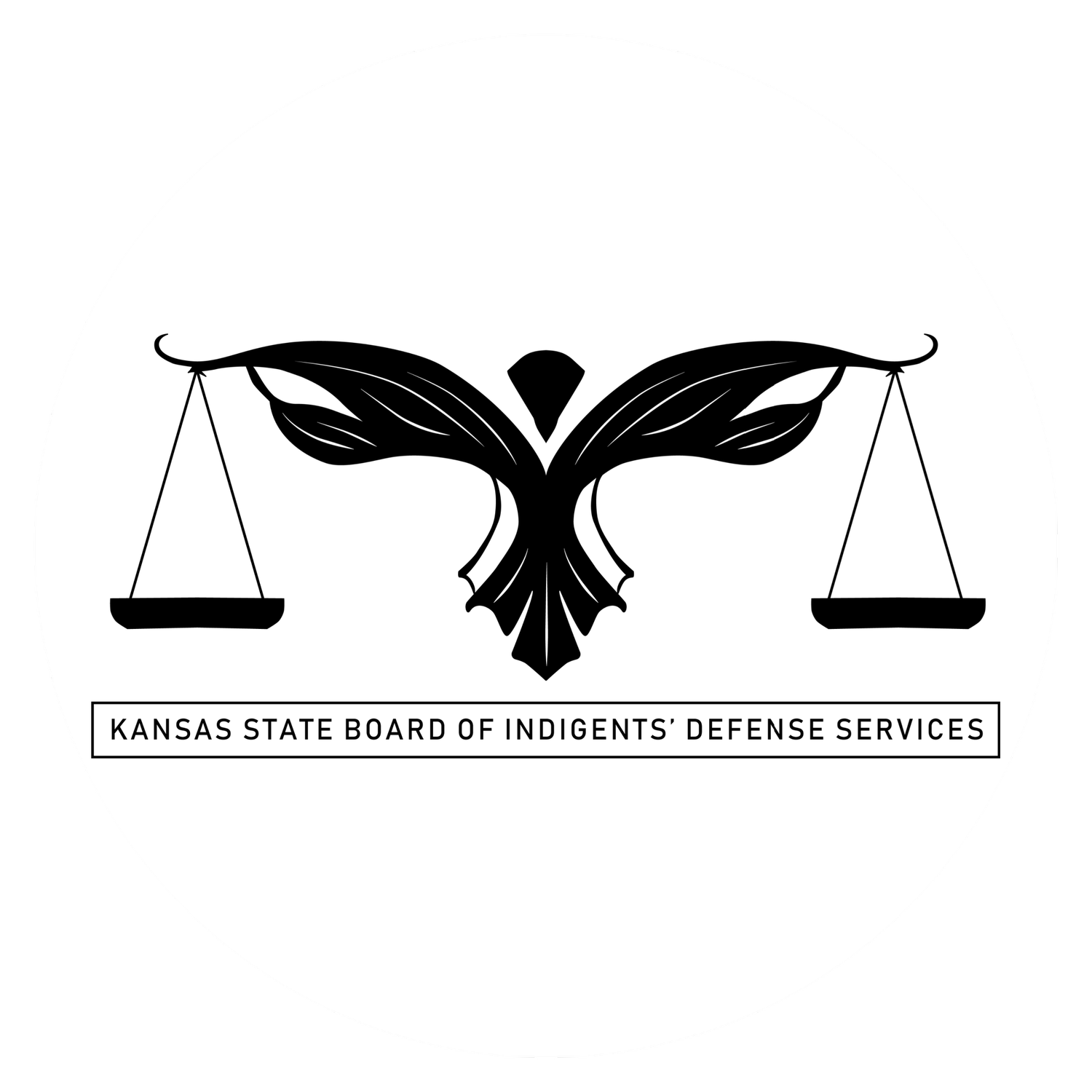Two Important SCOTUS Decisions for Public Defenders
by Sarah Sweet-McKinnon, Reno County Chief Public Defender, and Jason Smartt, Reno County Lead Assistant Public Defender
Any lawyer could be excused for being overwhelmed by the decisions coming from the United States Supreme Court in late June 2022. But in addition to many other cases that made headlines, June also featured two SCOTUS decisions that are particularly worth reading for public defenders.
First, Carlos Concepcion v. United States, 2022 WL 2295029 (Sup.Ct., 2022) is a decision about potential relief under the federal First Step Act. Writing for the majority, Justice Sotomayor identifies the issue, “The question in this case is whether a district court adjudicating a motion under the First Step Act may consider other intervening changes of law (such as changes to the Sentencing Guidelines) or changes of fact (such as behavior in prison) in adjudicating a First Step Act motion.”
It is a favorable ruling for Mr. Concepcion. But Concepcion also bolsters the validity and importance of mitigation at sentencing, through several normative statements that show respect for the individual and their dignity in the sentencing context. These statements could be drawn upon for state court sentencing advocacy.
The Court writes:
“When a defendant appears for sentencing, the sentencing court considers the defendant on that day, not on the date of his offense or the date of his conviction.”
“Federal judges exercising sentencing discretion have always considered a wide variety of aggravating and mitigating factors relating to the circumstances of both the offense and the offender.”
“Indeed, it has been uniform and constant in the federal judicial tradition for the sentencing judge to consider every convicted person as an individual and every case as a unique study in the human failings that sometimes mitigate, sometimes magnify, the crime and the punishment to ensue.’”
“Relying on Williams and Koon, the Court in Pepper found it ‘clear that when a defendant's sentence has been set aside on appeal and his case remanded for resentencing, a district court may consider evidence of a defendant's rehabilitation since his prior sentencing.’ Pepper reached that conclusion in light of the ‘federal sentencing framework’ that allows sentencing judges to consider the ‘fullest information possible concerning the defendant's life and characteristics.’”*
Second, Xiulu Ruan v. United States and Shakeel Kahn v. United States, 2022 WL 2295024 (Sup.Ct., 2022) is a single opinion covering two cases.
Each petitioner was a medical doctor who was convicted of crimes that included violating the Controlled Substances Act for drug distribution outside the usual course of professional practice and without a legitimate medical purpose. Each received a sentence of 20 years or more. But the law that was allegedly violated contains language that provided a potential defense: “except as authorized.” In both cases, the trial-level proceedings featured litigation about the appropriate jury instructions, and in both cases, the defense requested instructions about subjective intent.
In an opinion siding with the doctors, Justice Breyer concluded, “We conclude that §841’s ‘knowingly or intentionally’ mens rea applies to the ‘except as authorized’ clause. This means that in a §841 prosecution in which a defendant meets his burden of production under §885, the Government must prove beyond a reasonable doubt that the defendant knowingly or intentionally acted in an unauthorized manner.” (Emphasis added.) The judgments below were vacated, and the cases were remanded for further proceedings.
The Ruan and Kahn opinions suggest opportunities for public defenders to continue thinking about where we can insist that prosecutors meet their burden to prove mental state. This is important in cases where the Court is considering PIK 4th 52.10 (culpable mental state) and other related instructions. PIK 4th also does include language about substance distribution not including acts that are, “authorized by law”, so that might be another avenue of challenge for state defenders.
(*For clarity, quotations have been cleaned-up with internal citations removed. Please see the opinion for exact quotes.)

